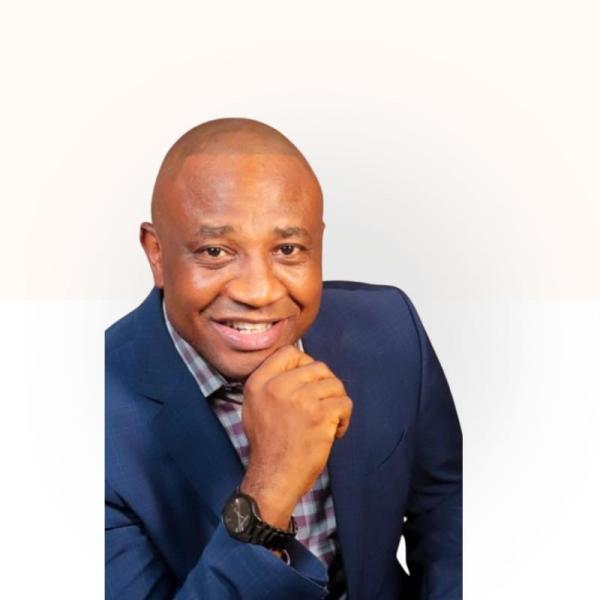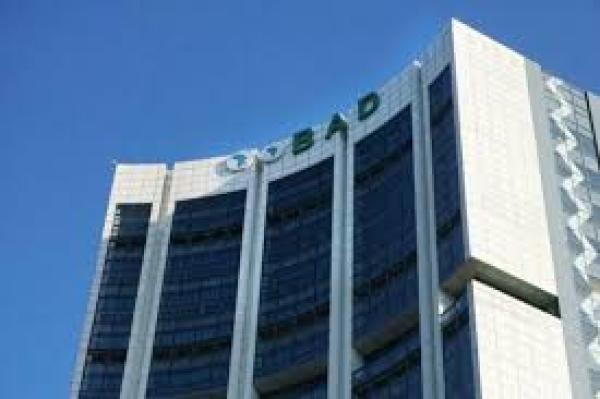
The foundation taking off from University College Hospital, Ibadan main gate.
In its bid to manage and control sickle-cell disease (SCD) in Nigeria, the Sickle Cell Hope Alive Foundation (SCHAF) in collaboration with the University of Chicago is ready to implement newborn screening in Ibadan, Oyo State.
The screening is to detect sickle-cell anaemia patients right from birth and to diagnose them at early stage in order to temper the infection that follows the disease.
SCHAF organised an event recently to mark the annual world Sickle Cell Day which showcased a rally in some areas of Ibadan to sensitise the public about sickle cell and how it can be controlled in Nigeria.
The foundation, which was formed for the control of the disease, gives patients entrepreneurial support, distributes books on the disease to educate parents and treats leg ulcers.
Statistics revealed that Nigeria has 150,000 children born with SCD and 100,000 die annually.
While speaking with the founder and president of SCHAF, Professor Adeyinka Falusi, about SCD in Nigeria, she said that Nigeria had the highest number of patients with SCD and the highest number of people with distrait, who are called AS, in the whole world.
"With research that has been conducted, even from this unit, we found out Nigeria has the most problematic type of sickle cell disease in the world."
In an attempt to know the factors responsible for Nigeria's unfortunate position, Professor Falusi opined: "Nigeria has the highest population in Africa and since the disease is common in blacks and we have the largest people, who are likely to have it.
"Aside that, we have not been paying enough attention to the disease and that is why we are sensitising people that we can all play a role in managing this disease as well as controlling it."
Speaking on life as SDC patient, Olufemi Daniel, a 37-year-old lady, who is a graduate of Business Administration, a former banker and now an entrepreneur, attributed her existence to Christ, who made the difference in her life.
"I have been diagnosed with SCD since I was three months old. so, you can imagine the pains that I go through, but sometimes I scale through a year without crisis and it takes me every six months to get blood transfusion."
According to Olufemi, her mum has been her pillar and soulmate.
"Having sickle-cell anaemia to me is an essence of life and 'm not a mistake in creation. So, people with it should accept it and fulfil purpose.
"I advise Nigerians to be very decisive while choosing partner because the trauma is better imagined than experienced and when trial comes, there won't be anything called love."
While asked about marriage, she said: "I had so many disappointments but, very soon, I am settling down."
In the control of SCD, Professor Falusi wants youths, clerics and, above all, government to support the foundation in combating the disease right from birth.
"SCHAF has started Know Your Genotype club (KYG). So, youths must know their genotype, not when they want to marry, but much earlier on. In ancient days, the grandparents used to know about a family; they didn't know genotype, but they wouid say that home, they die at 40. They would say don't go there and marry. That is their research. So we are saying don't marry blindly. But if AS still wants to marry AS, we have a right to tell them the repercussions.
"Our clergies need to help us; the time they are asking about partner's genotype is too late. It is wrong to tell them they can't marry few months to marriage; it is too late to break people's love. All these children have been in their churches when they were five, ten and that is when they should educate them on blood groups.
“President Muhammadu Buhari should make SCD one of his top priorities and Governor Abiola Ajimobi too should help these patients and equip all tertiary institutions. They should provide free vaccines to reduce the challenges of SCD. The Nigerian government needs to do things properly; over there, abroad, SCD patients share their experiences looking happy and radiant because the care is maximal. We can't be giant of Africa alone; we need to take care of these patients. If Nigeria takes SCD seriously, other agencies in the world will assist financially,” Prof. Falusi said.






















